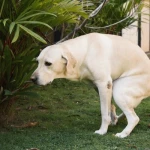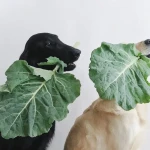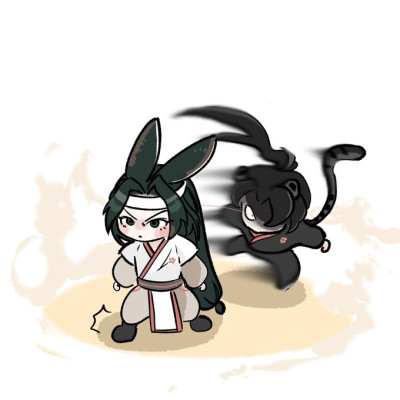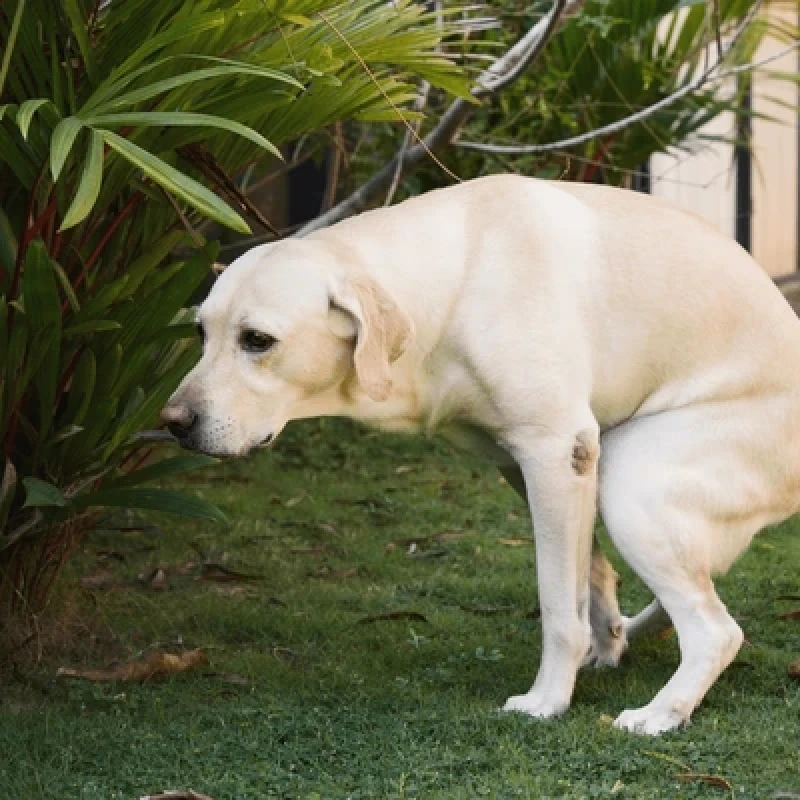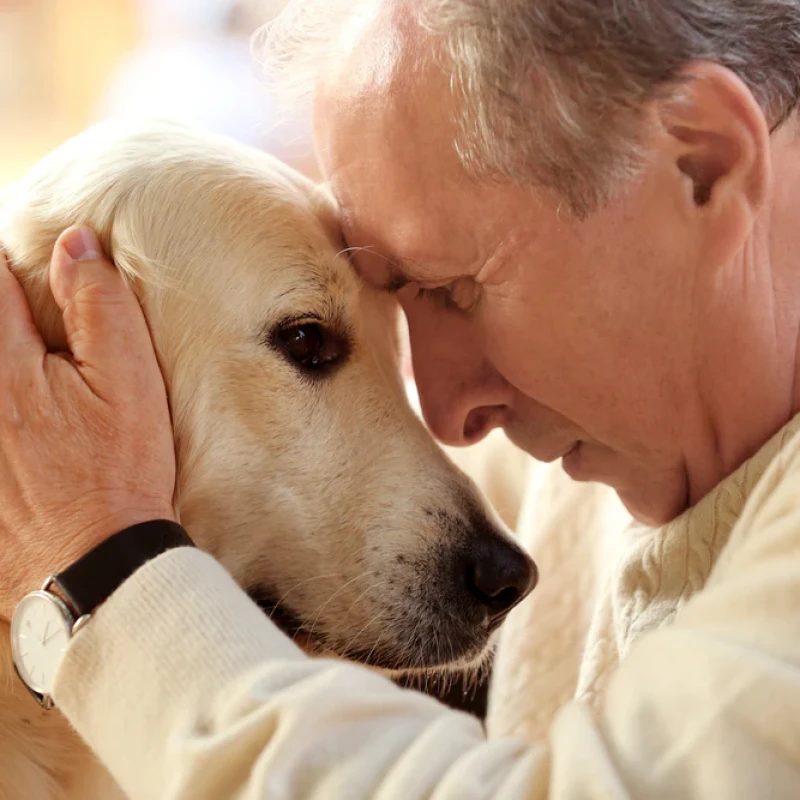Stop feeding your dogs and cats a vegetarian diet or large amounts of fruits and vegetables for an extended period. Why should you feed dogs and cats meat and fish? Share your thoughts if you're a true animal lover. The following article from Pet Mart will specifically analyze the issue of a vegan diet for dogs and cats
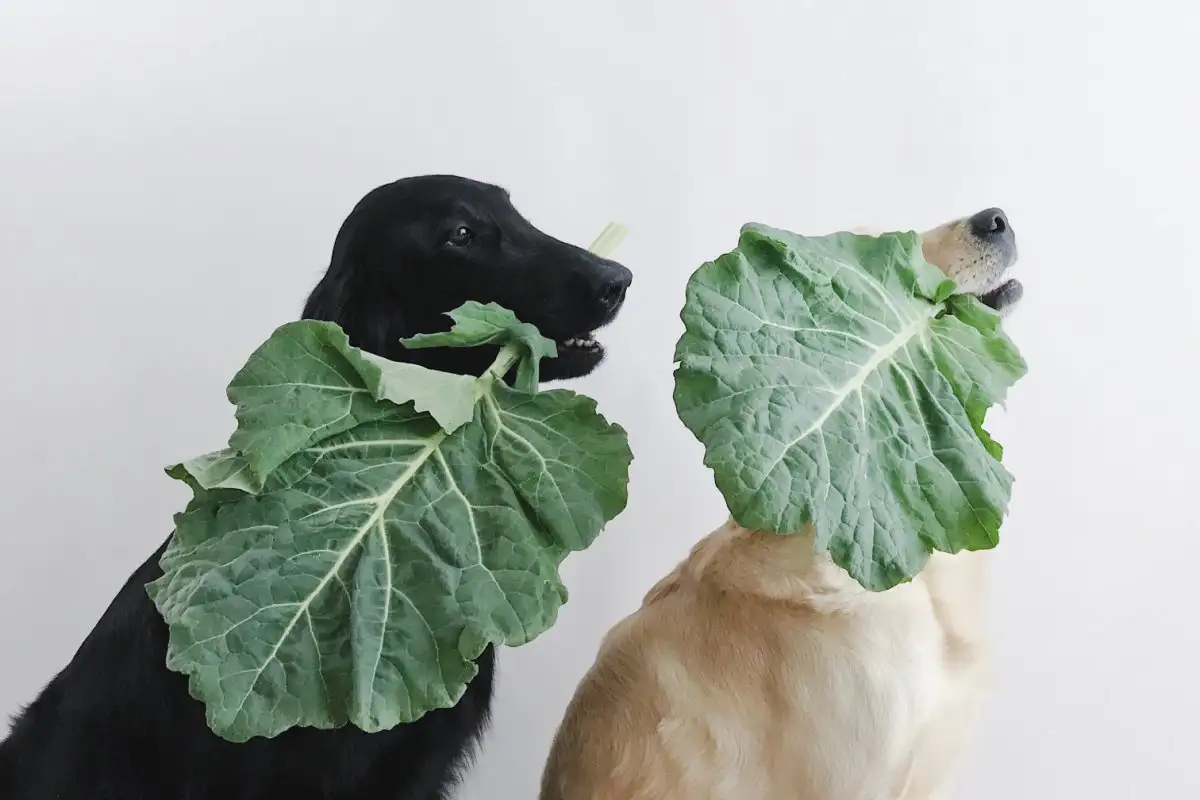
It must be emphasized that dogs and cats do not eat vegetarian diets.
Recently, we have received quite a few debates regarding the question: Can dogs eat vegetarian food? Should we give dogs and cats vegetables? In what quantities? How long should it last? Particularly, some opinions even assert that dogs and cats can eat vegetarian food for 4 days, 8 days, and still remain healthy.
According to Dr. Lisa Weeth, a veterinary nutritionist, she often does not recommend a vegetarian diet for dogs and cats. Regardless of whether the source is meat or plants, it is essential to provide a balanced intake of nutrients. This ensures the comprehensive development of pets, especially during the crucial ages of 2 to 15 months. This is nearly impossible with a completely vegetarian diet for dogs and cats.
In this article, we will compile knowledge, international scientific documentation, and advice from veterinary councils both domestically and internationally to clarify all of the above questions. If you, as a pet owner, are lazy to read the supporting evidence, you can skip straight to the conclusion at the end of the article.
First of all, we need to understand some scientifically proven premises about cats and dogs regarding Protein – Carbohydrates – Vitamins as follows:
- Dogs and cats are carnivorous animals. The instinct that Mother Nature has bestowed upon dogs and cats is to live and derive energy from Protein, specifically animal-based protein, not plant-based.
- Dogs and cats have a very low carbohydrate (starch-sugar) requirement, which constitutes only about 2-5% of their diet. This is because cats lack the enzyme amylase to break down carbohydrates into simple sugars.
- Dogs and cats obtain vitamins from meat, organs, and undigested food in the stomachs of the animals they hunt. If there is a vitamin deficiency, cats instinctively eat some plants like grass, but they will not digest them to supplement their intake.
Can dogs and cats get sufficient nutrition from a vegetarian or vegetable-rich diet?
If you have fed dogs and cats a vegetarian diet (mixing rice with vegetables) and claim they live normally, let me clarify that all animals in this world are “living normally” until they become ill and die. A vegetarian diet can lead to changes in urinary pH, which may result in kidney stones.
Moreover, if there is no or very little animal protein in the food for kittens, it will severely cause a deficiency of Taurine, which can lead to blindness in cats due to reduced retinal cells. If you want to change the world, do it on your own. Humans are omnivores, while cats are carnivores. Please stop this unnatural cruelty immediately.
If you feed cats a high amount of carbohydrates, it can lead to diabetes, obesity, reduced protein absorption, and damage to their internal organs since a cat's digestive system is not designed to handle excessive starch. Note that potatoes contain 20% carbs, sweet potatoes are 21%, and pumpkins are 12%. To supplement vitamins for dogs and cats, we should use vitamin-rich foods and minerals like fish, dry seeds, wheatgrass (cat grass), dietary supplements, and possibly from vegetables.
Animal protein and plant protein are not the same.
If the pet owner is a vegan or vegetarian and wants to turn their pet into a completely vegetarian dog, it is understandable. However, gradually transitioning a healthy, adult dog or cat to a vegan diet can be done, as long as the dog or cat is provided with a balanced nutritional source suitable for their life stage. However, this is not as simple as you think.
A completely vegetarian diet can provide a little protein, but that level is insufficient for a dog to grow properly. Additionally, plant protein does not contain adequate amounts of the essential amino acids needed to meet a dog's requirements compared to animal protein. Veterinarians look at the biological value (BV), a measure used to determine the effectiveness of a specific protein.
Another issue with plant protein is that it tends to be less digestible than animal protein. Therefore, if you feed them soy, it will be metabolized differently than if you feed them chicken or beef. Thus, we must ensure that plant proteins are digestible and that dogs can safely utilize them. Otherwise, we could make a grave mistake, especially with pregnant dogs or cats, those who are nursing, or dogs and cats in their development stages.
According to Dr. Susan Jeffrey, a veterinarian at Truesdell Animal Care Hospital in Madison, Wisconsin, some vegan diets may lack essential amino acids such as taurine and L-carnitine, which are typically found in meat. A deficiency of these nutrients can lead to health issues such as heart disease. A lack of taurine can result in dilated cardiomyopathy.
The risks of long-term vegetarian diets for dogs and cats.
If you abuse vegetables under the pretense of supplementing vitamins and fiber in large amounts and over an extended period, the following disadvantages may occur:
- Vitamin Overdose: Not controlling or poorly calculating vegetable amounts can lead to this condition. Moreover, if you use frozen and thawed vegetable products, most water-soluble vitamins will become ineffective. Synthetic vitamins may be harder to absorb than natural vitamins, but they will be more complete since they are specifically designed for dogs and cats, ensuring controlled dosages that prevent excess or toxicity.
- Carbohydrate Overdose: As mentioned earlier, boiled potatoes contain 20% carbs, sweet potatoes 21%, and pumpkins 12%. Therefore, supplementing these foods without exceeding 2-5% of the cat's diet is something that requires careful mathematical calculation. It cannot rely on the experience of some pet owners who say, "they've been eating this way and haven't died yet."
- Unsafe Mixed Vegetable Diets: Fresh cat food mixed with vegetables often uses these ingredients to sell at lower prices, leading to the use of lower-quality animal products, such as chicken necks or bones, to reduce costs. These products, even if ground, can still contain bone fragments that can choke the cat. Sharp bones may puncture the throat and cause infections. Ground vegetables create an ideal environment for harmful bacteria to thrive. This is why fresh food containing vegetables must always be stored frozen.
Moreover, not all vegetarian foods for dogs are produced equally. To ensure a dog's diet meets strict nutritional quality control standards, you should check labels or contact the company. Every dog food product must have a statement that this food contains complete nutrition or at least meets the standards set by the AAFCO organization. Additionally, the dog food must indicate the appropriate age for consumption.
When to feed dogs and cats vegetarian diets?
Dr. Joe Bartges, a veterinary nutritionist and professor of Nutrition Medicine at the University of Georgia, Athens, stated that a vegetarian diet can be a reasonable choice when your dogs or cats need to avoid animal protein. For example, in cases of kidney disease, urate bladder stones, and inflammatory bowel disease (IBD).
Some dogs and cats are more sensitive to animal protein than plant protein. Therefore, switching them to vegetarian dog or cat food can be beneficial in cases of IBD.
That does not mean vegetarian diets are better for all cases of IBD in dogs and cats. With IBD, it truly depends on the level of individual response. Therefore, if dogs or cats are allergic to certain foods, we need to monitor where the protein comes from, whether from plant or animal sources.
Things to keep in mind when feeding dogs and cats vegetarian diets:
If you must feed your dogs and cats a vegetarian diet after consulting with your veterinarian, there are some points to consider:
- First, plant protein tends to increase urine alkalinity. If you switch completely to a vegetarian diet and it is a moderate protein type with no added uric acid, it may put your dog at risk for struvite stones.
- Visible changes in your dog's coat can indicate that your dog is not absorbing enough essential fatty acids. Pay attention to whether your dog’s coat is shiny or appears dull and dirty. Is your dog experiencing flaking skin? People often think these symptoms are unrelated to dietary changes because they take two to three months to appear.
If you notice any changes, take your dog to see your veterinarian. Additionally, during the annual health check-ups for your dog, the vet will conduct blood tests and analyze urine to ensure that food is being digested and absorbed as it should.
⚠️Frequently Asked Questions
Question: Can dogs and cats be trained to eat vegetarian food?
Answer: Dogs and cats are animals belonging to the Carnivora family, which requires meat to provide essential nutrients such as protein, amino acids, and vitamins. A deficiency in these nutrients can lead to malnutrition, heart disease, blindness, or diarrhea. Additionally, dogs and cats should not consume vegetarian foods that contain harmful substances such as certain nuts, vegetables, beans, and other legumes. These foods can cause digestive issues such as stomach pain, headaches, and other problems.
However, you can feed dogs and cats some vegetarian foods like wheatgrass, nutritional gel, or certain dog and cat supplements to provide vitamins and minerals. You can also give them a moderate amount of vegetables and fruits, but ensure that they are not too high in carbohydrates and do not cause allergies.
Question: Is feeding dogs and cats vegetarian food good for the environment?
Answer: Feeding dogs and cats a fully vegetarian diet is not an optimal solution for environmental issues. This can pose health risks to pets due to a lack of essential nutrients from animal protein. Additionally, it may waste food resources meant for humans and cause an imbalance in the natural food chain. Therefore, if you want to protect the environment, you should choose pet food made from sustainable sources, with organic certification, and free from preservatives or chemical additives.
Question: Does feeding dogs and cats vegetarian food violate their rights?
Answer: Feeding dogs and cats a vegetarian diet could be seen as a violation of their rights, as they do not have the choice to eat according to their instincts and needs. Some argue that feeding them vegetarian food protects their rights because they live in a clean, safe environment, free from abuse or slaughter. However, regardless of your viewpoint, you should respect the lives of your pets and ensure they have a healthy and happy life. You should not force your pets to eat according to your desires but rather research their nutritional needs and preferences.
Question: Does feeding dogs and cats vegetarian food reduce the risk of disease?
Answer: Some people believe that a vegetarian diet can reduce the risk of diseases caused by consuming animal products, such as inflammatory bowel disease, cancer, or allergies. However, this is not entirely accurate, as it can lead to other issues like nutritional deficiencies, immune system decline, or infections. Therefore, to reduce the risk of diseases for your pets, you should choose high-quality food suitable for their age and health condition.
Question: Does feeding dogs and cats vegetarian food affect their personality?
Answer: Feeding dogs and cats a vegetarian diet does not directly affect their personality. A pet's personality is influenced by many factors such as genetics, environment, training, and life experiences. Feeding pets vegetarian food cannot change their inherent nature. In fact, it may lead to health, nutritional, and welfare issues.
Feeding pets vegetarian food may indirectly affect their behavior and mood. If pets do not receive sufficient essential nutrients from animal protein, they may become malnourished, immunocompromised, or infected. This could cause them to feel weak, fatigued, sad, or irritable. Additionally, if pets cannot choose their diet according to their instincts and needs, they may lose joy and enthusiasm for life. This could make them rebellious, stubborn, aggressive, or difficult to control.
Question: Can cats chant mantras or read sutras?
Answer: Cats can chant mantras or read sutras if trained from a young age. Some believe this may help cats become smarter, gentler, and more peaceful. However, there is no scientific basis for this, and it should not be the primary goal of raising a cat. Cat training should focus on educating them about culture, life skills, and respect for humans and other animals.
Cats can read sutras if allowed and given the right conditions by their owners. Some believe this can help cats relieve stress and find peace and happiness. However, this should not be forced or imposed on cats. Cats are animals with their own instincts and needs. Allowing cats to chant mantras or read sutras should respect their choices and preferences.
Sources for related information:
- Feeding Your Cat: Know the Basics of Feline Nutrition – Lisa A. Pierson, DVM, specialist in preventive nutrition.
- Your cat’s nutritional needs – A Science-Based Guide For Pet Owners – National Institute of Health, USA.
- Taurine in cats – Documentation from the VCA Animal Hospital system with over 750 hospitals in the USA & Canada.
- The carnivore connection to nutrition in cats – Debra L. Zoran, DVM. Article peer-reviewed by the American College of Veterinary Nutrition.
- The verified materials can be used by cat owners worldwide. Any differences due to the environment will be negligible.

